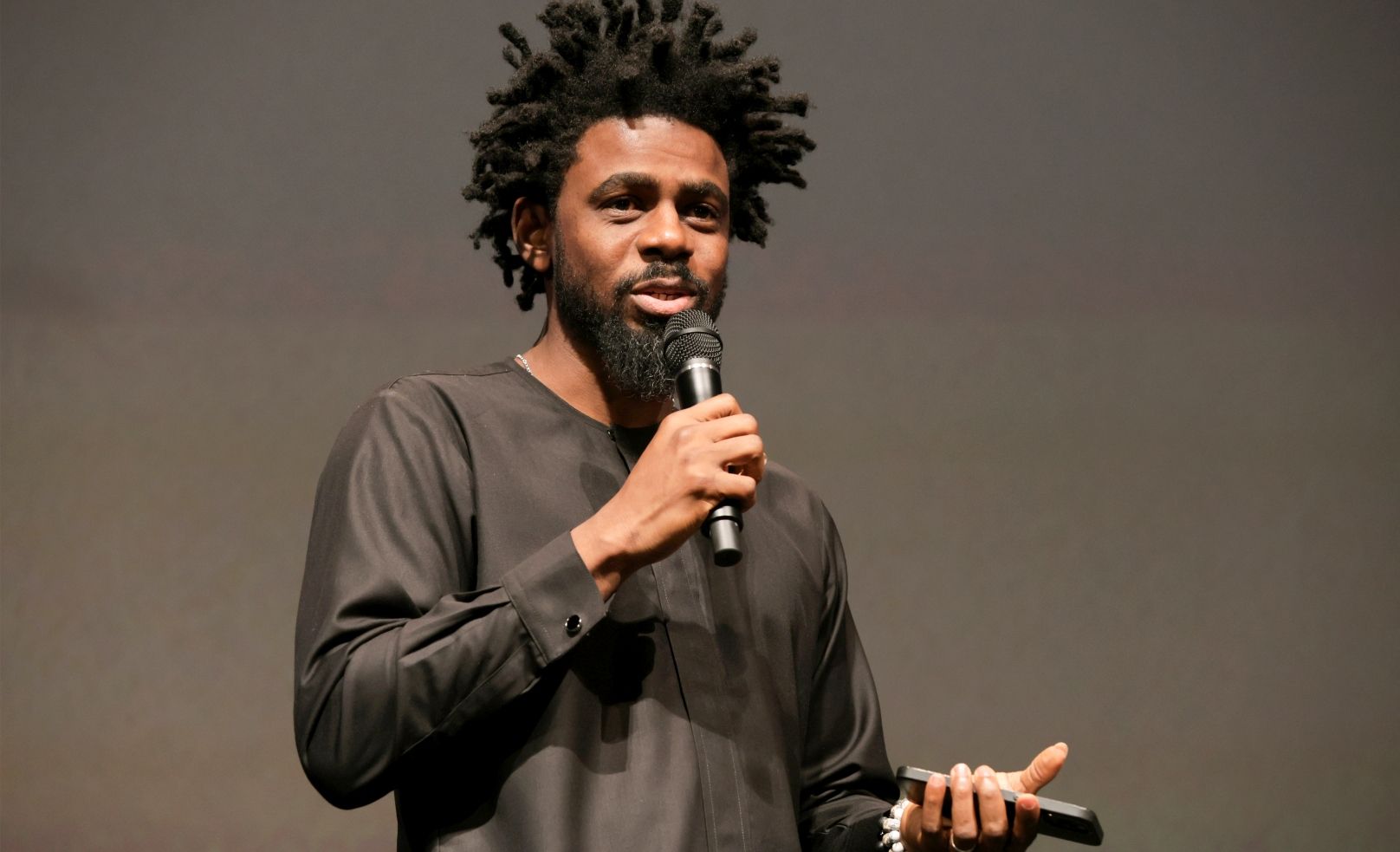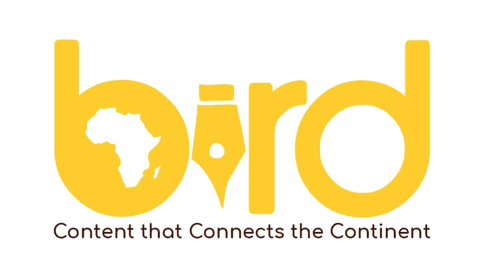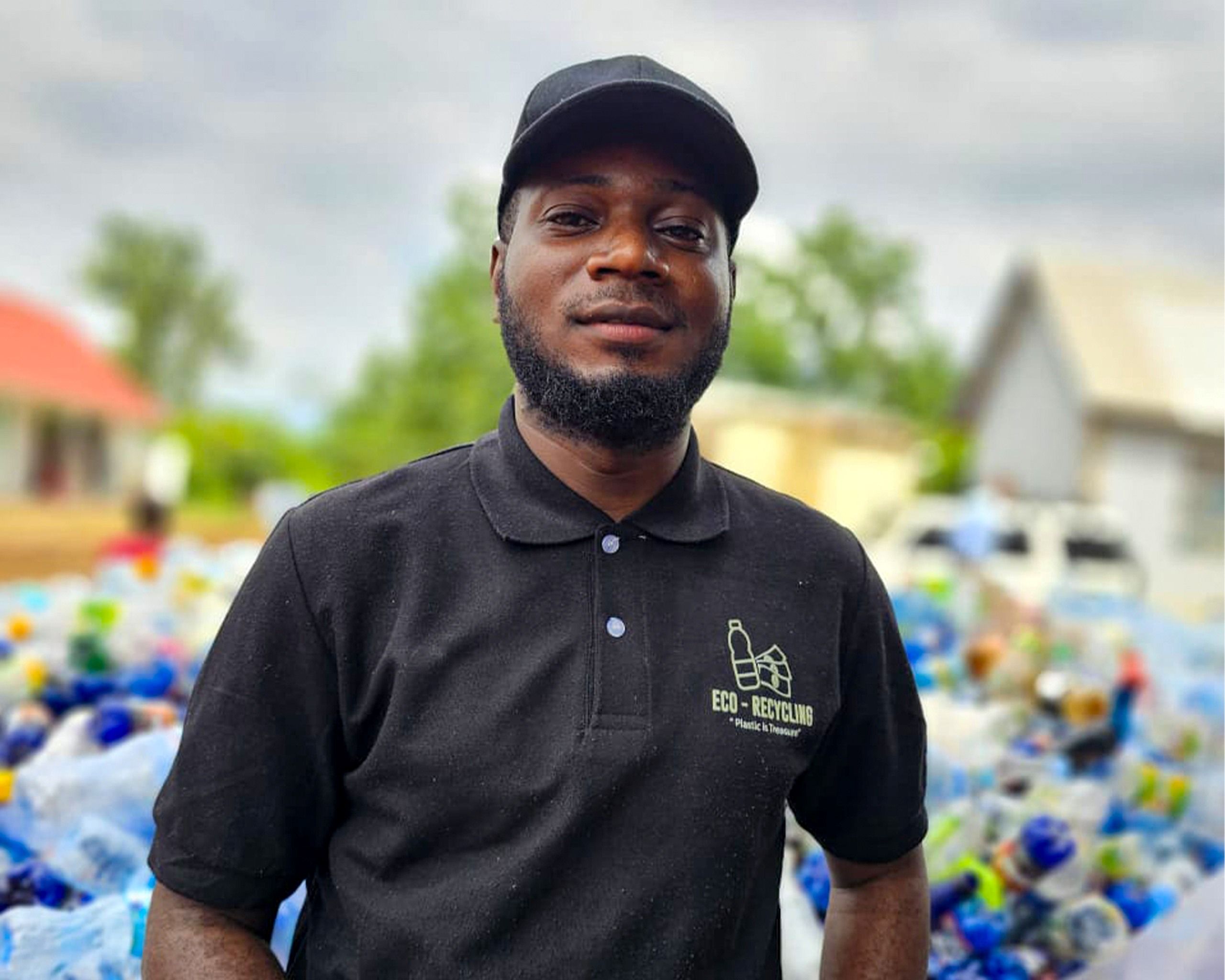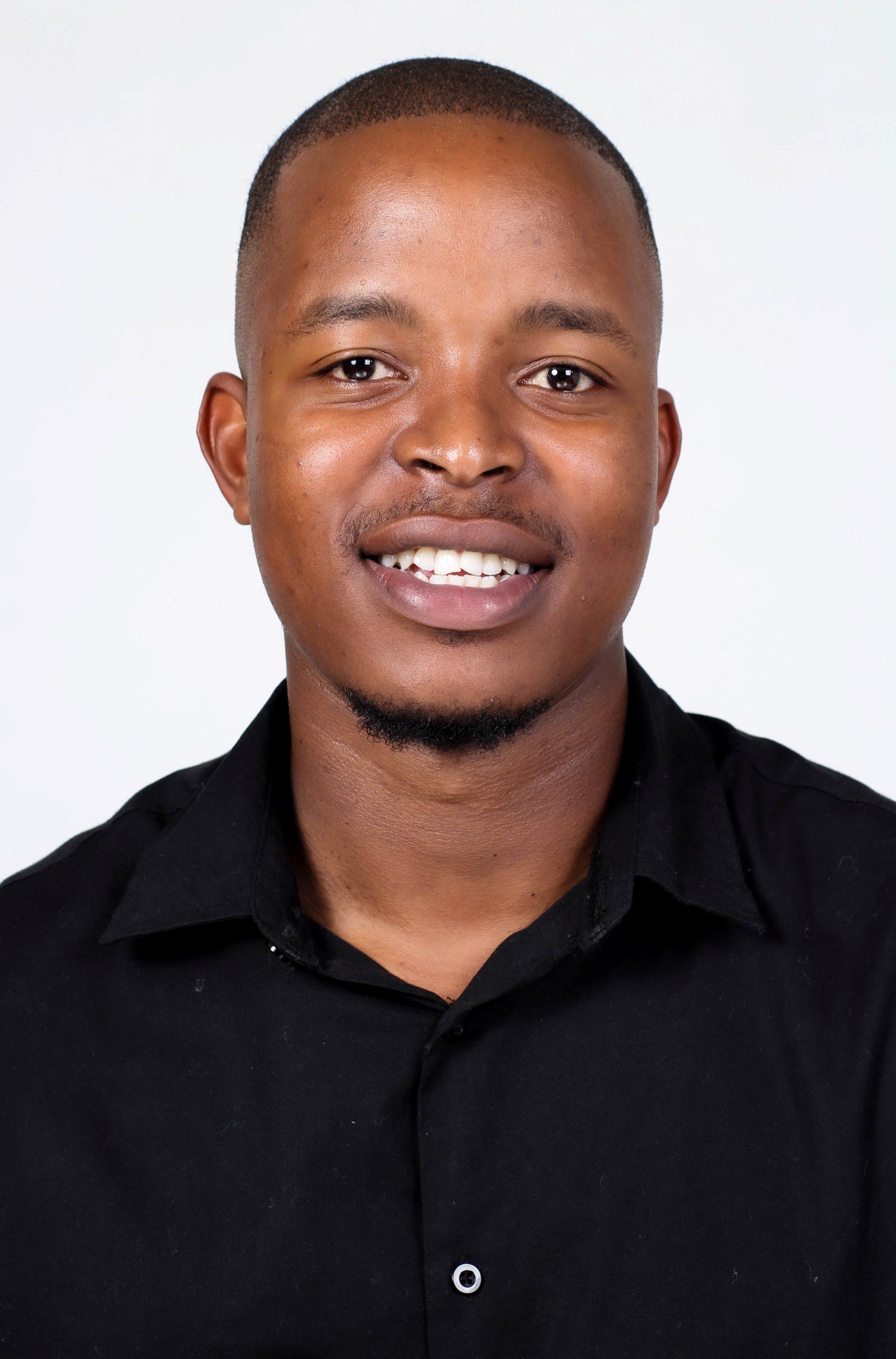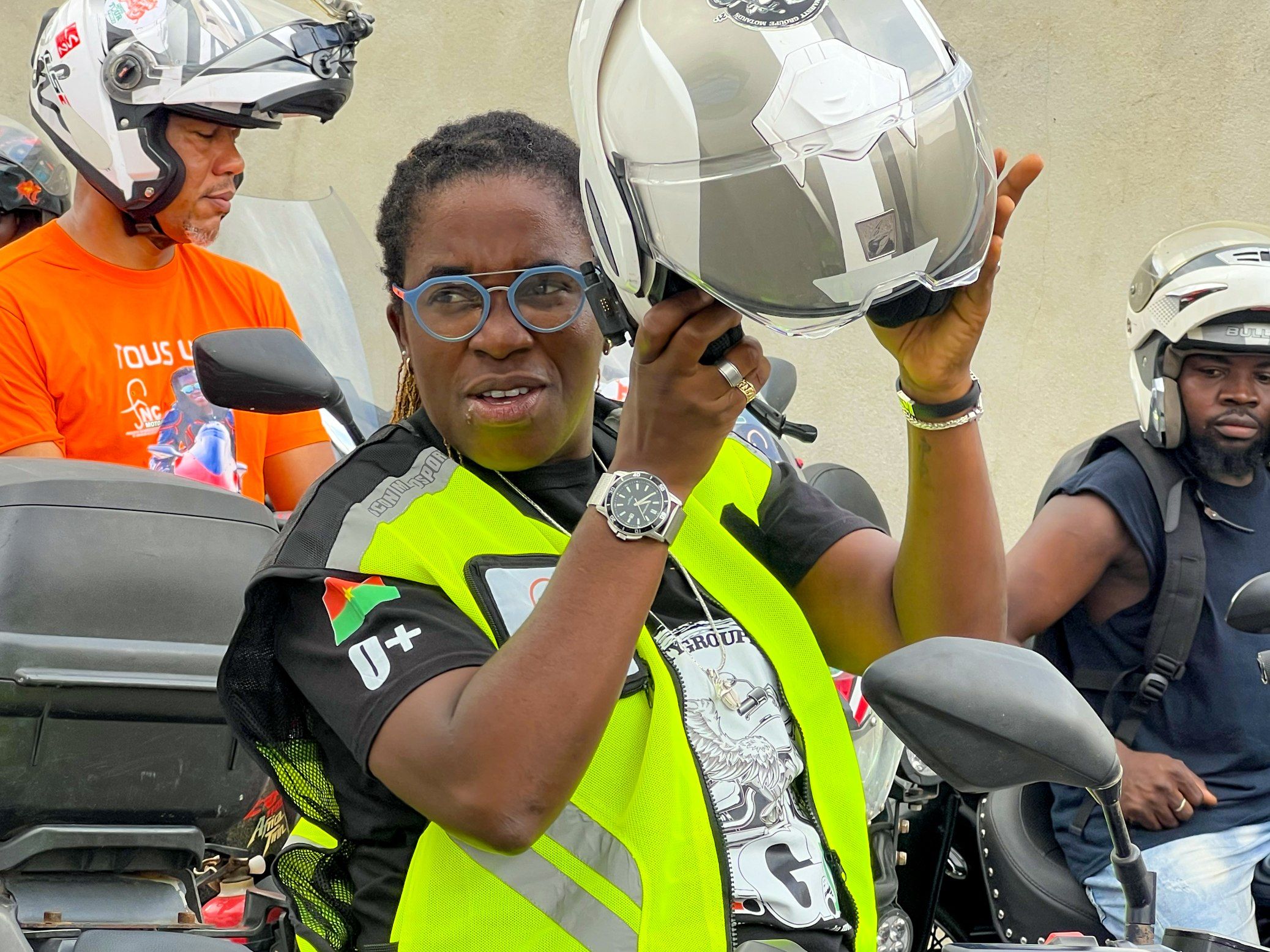Joel Kachi Benson is part of a new generation of African filmmakers changing how the continent is seen and understood. In this interview, the Emmy-winning documentarian reflects on his creative journey, his passion for immersive storytelling, and why telling Africa’s truth demands both innovation and intention.

Bonface Orucho, bird story agency
Nigerian filmmaker Joel Kachi Benson won an Emmy Award last month in the documentary film category for "Madu", a coming-of-age story set in Nigeria. Benson is only the second African to win in his category after Trevor Noah’s 2014 win.
Just weeks after Benson took home the Emmy, he won Best African Feature at the 2025 Encounters International Documentary Festival in South Africa for "Mothers of Chibok", a documentary film that returns to the Chibok community with a deeper lens, not just on grief, but on resilience, memory, and the long arc of healing.
It is a follow-up to "Daughters of Chibok", which premiered in 2019, offering a visceral, immersive look into the lives of Nigerian women whose daughters were abducted by Boko Haram in the infamous 2014 Chibok school kidnapping. The tragedy shook the world but has faded from global headlines.
Told from the perspective of the mothers left behind, the film earned Joel Kachi Benson the Venice Lion for Best Immersive Storytelling, making him the first African to win in the category.
One of the pioneers of immersive nonfiction and a leading voice in African documentary film, Kachi is helping reshape how the continent tells its stories and how the world receives them.
In this conversation, he reflects on a career defined by impact, intention, and the power of telling the truth.
Could you start by introducing yourself; who you are and what you do?
My name is Joel Kachi Benson. I’m a documentary filmmaker based in Lagos, Nigeria. But I see myself as a pan-African storyteller. I’m deeply passionate about Nigeria and Africa, especially about how we are represented and presented.
I’m very big on balanced storytelling. Acknowledging the challenges we face, yes, but also celebrating our strengths. We’re multi-dimensional people. We can’t keep being represented only through the lens of hardship, poverty, or conflict. There’s so much more to us. Social impact storytelling, that’s what I do.
Could you take me back to your early childhood? What’s your earliest memory of storytelling? Where did this passion, this pan-African perspective, begin for you?
My earliest contact with storytelling? I used to read a lot as a kid. My parents really encouraged that. Books like Things Fall Apart, Eze Goes to School, Efuru. I read a lot, Ngũgĩ wa Thiong’o, Chinua Achebe.
At the time, I was reading for fun. But those books planted seeds. They started shaping how I saw the world. I also watched a lot of TV, both foreign shows and local Nigerian ones like The Village Headmaster, New Masquerade, and Willy Willy, which was more like a horror show.
Growing up, you become more aware of your environment. At some point, I was going through a tough period, I wasn’t yet making documentaries. I was just shooting music videos and trying to survive.
Then I got commissioned to make short films about people who had risen from nothing, grass to grace stories. And hearing those stories inspired me deeply. I wanted to hear more. I wanted to tell more. That’s how I got into factual filmmaking.
For me, it wasn’t fiction. With fiction, you can always say, ‘Well, someone wrote that script.’ But with a documentary, it’s real. It’s someone’s actual life. That hit me hard. I knew this was what I wanted to do: tell real stories about real people.

Was there a specific moment when you knew this would be your career, not just a hobby?
I was about to take my university entrance exams when my mom passed away. She was raising me and my siblings alone. That event changed everything. No university. I tried several things. I even tried cutting hair. I got fired pretty quickly. I had no real skills.
Then one day, a friend took me to a film set. I saw this young guy directing, calling the shots, managing everything. I was hooked. I came back the next day. And the next. That’s how I entered the world of film.
Before that, I used to write. The reading translated into writing, and I started crafting my own stories. Now I was seeing cameras, actors, the whole process, it just clicked. I immersed myself in that world.
I was the young guy in the background, listening to filmmakers argue about which films they liked and why. It wasn’t a single eureka moment. I just found something I loved, and stayed in it. One day at a time. And I still love it. I’m looking forward to the next five, ten years.
You’ve also become quite big in virtual reality and 360 filmmaking. How did that begin?
I had clients who really trusted me. One day, one of them, who’s like family now, asked me to make a 360 video. I said, “What’s that?” She told me to research and get back to her.
So I did. I went online, saw what a 360 video was all about. Then I told her, “I’ve seen it, but I don’t do that.” And she said, “Kachi, I want you to do it. Figure it out.” That’s trust.
So I trained, got a camera, and the first time I wore a VR headset I thought, “Wow, this is something else.” Honestly, I wasn’t even thinking about her project; I was thinking of all the stories I could tell using this tech.
Funny thing? The first 360 film I made wasn’t even hers. I came back to Nigeria and started working on my own project. That led to In Bakassi, which premiered at the Cairo Film Festival. Then Daughters of Chibok.
As someone who works in both traditional and immersive formats, how do you view the potential of VR for African storytelling?
VR is an incredibly powerful storytelling tool. When you wear that headset, you're locked in. There's no distraction, you are immersed. And for some stories, especially urgent ones, that's exactly what you want.
The challenge is accessibility. Not everyone has a headset. So it’s still niche. But with time, I believe we’ll find ways to make it more accessible, maybe lighter devices, maybe glasses. I’m hopeful.
How did the Madu project come about, and what drew you to Anthony’s story?
It was the pandemic. I was stuck indoors and losing my mind. Then I got this email from LA about a boy in Nigeria who had gone viral dancing ballet in the rain. I watched the clip and it blew me away. They said they wanted to make a film and asked me to co-direct.
I said, “I need to meet this boy first.” So I went to the outskirts of Lagos, met Anthony, met his mum and the community. I was floored by his passion. He was 11, but so articulate and focused.
And you know, I saw myself in him. I wanted to do something different, documentaries, and people said I was mad. He wanted to do ballet, and people told him it was for girls. But we both followed our hearts.
Disney came on board and gave us a platform. The rest is history.

What did winning the Emmy for Madu mean to you, personally and professionally?
You look back and you say, “Wow, look how far we’ve come.” From being told this was a crazy idea to winning one of the highest honours in television for unscripted storytelling, it’s a big deal. But more than that, I hope it becomes a frame of reference for young African filmmakers, especially those trying to break into non-fiction.
When I started, I didn’t have anyone to point to and say, “That’s who I want to be like.” Now, maybe someone can say, “I want to be like Kachi Benson.” That’s powerful.
Professionally, awards like this come with responsibility. You start asking: What am I saying with this next project? How am I portraying us? What kind of message am I putting out about this continent, our people? I love what I do, but now I have to be even more intentional about it.
There’s been a wave of African creators gaining global attention. Do you feel the world is genuinely opening up to African stories and storytellers?
Absolutely. But it’s not just film. Africa is in season right now. Fashion, music, tech, we're showing up everywhere. The world is watching us. And we’re beginning to seize our narratives and reshape perception.
That’s what excites me. I still meet people around the world who don’t know much about Africa. And that’s fine, it gives us an opportunity to tell our stories, in our voices, through our lenses, with our agency. It’s an amazing time to be African.
Ten years from now, what would success look like to you? What do you hope to have achieved?
For me, success means impact. I want to build capacity. Share what I’ve learned. Train the next generation of African non-fiction storytellers.
Unscripted film isn’t glamorous. We don’t have stars. It’s just everyday people. But those stories matter. If I can create a structure that supports young creatives and keep making films that spark real change, then I’ll know I’ve succeeded.
There’s a lot of anxiety right now. AI, tech disruption, competition. What would you say to a young African storyteller who’s unsure about the future?
Don’t be afraid. Follow your heart. There will always be distractions; AI, tech shifts, whatever, but if you feel called to tell a story, tell it.
Doubt is natural. But fear has a way of paralysing you. So just go out there and do it.
bird story agency

